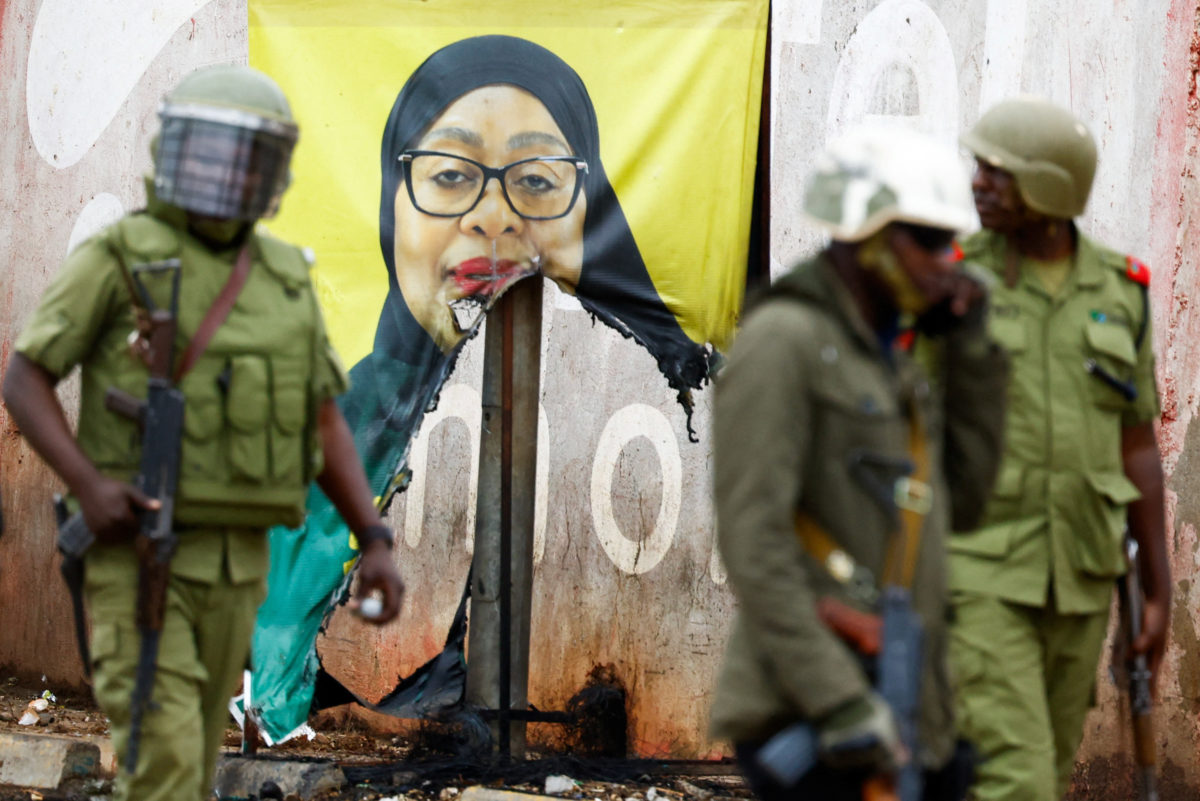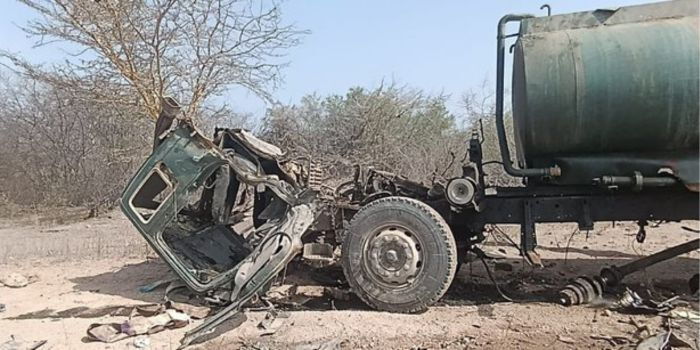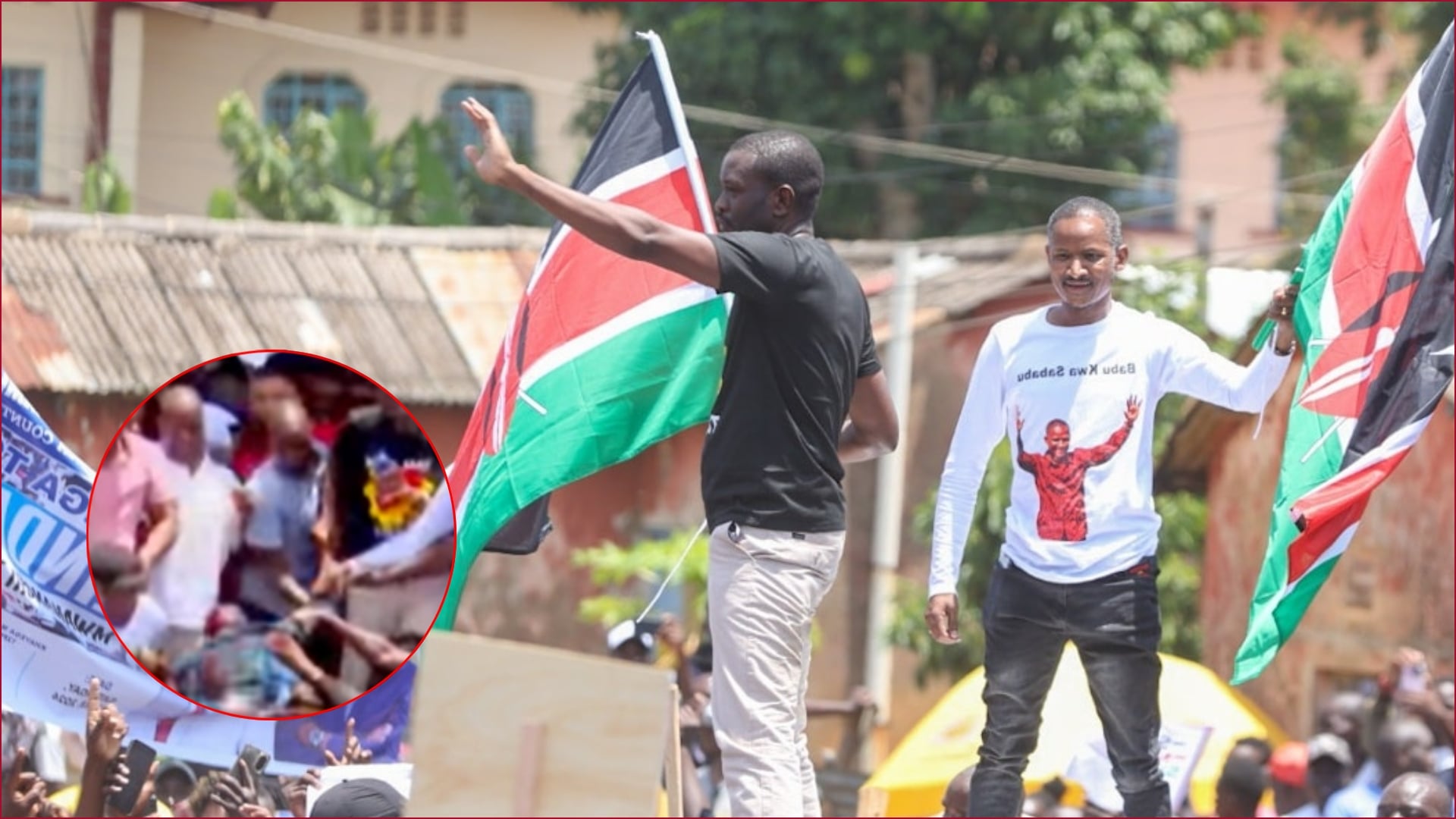The main opposition party Chama Cha Demokrasia na Maendeleo (CHADEMA) (CHADEMA) has formally condemned last week’s presidential election as fraudulent and void, calling on the international community to withhold recognition of Samia Suluhu Hassan’s declared victory and the resulting government.
Sources within the party say they will no longer engage with the outgoing electoral process and will demand immediate reforms.In a press release issued late Friday evening, CHADEMA asserted that the electoral contest lacked both legitimacy and a credible opposition.
Their statement alleges a series of fatal procedural failings including candidate disqualifications, media restrictions and widespread intimidation. According to the opposition, the process fails to meet even basic international standards of elections.
“We are left with no choice but to reject the outcome and remind the world that the so-called mandate was built on a foundation of silence, exclusion and coercion,” declared the party’s general secretary.
What the Opposition Alleges.
CHADEMA’s critique focuses on several central complaints:The exclusion of their preferred candidate and others from standing in the election, which the party says stripped voters of real choice.Reports of communication black-outs and limited transparency in vote-counting and result-tabulation.
Security force presence and alleged voter suppression in key urban areas, undermining free expression and competition.The overwhelming official vote result, which they say contradicts ground-level voter turnout and civic sentiment.
Implications for Tanzania and Beyond.
The unilateral rejection of election results by a major party like CHADEMA imports major consequences:Domestic legitimacy crisis: If the poll winner lacks credible opposition recognition, governance may face sustained disruption, protests and delegitimisation.
International standing: CHADEMA’s appeal to the world not to recognise the outcome places foreign governments, multilateral bodies and aid agencies in a political bind — forced to decide whether to engage or stand aside.
Precedent for future polls: The radical step of outright non-recognition highlights escalating levels of electoral distrust in Tanzania and may embolden similar moves in other contested democracies.











Leave a Reply